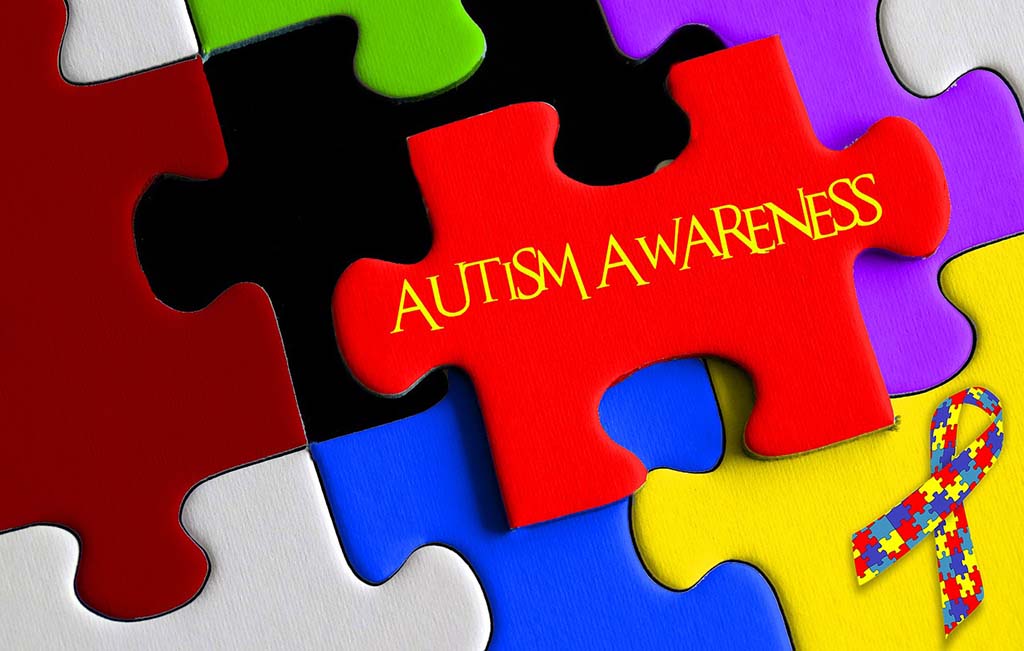A new school year can trigger more than typical jitters for kids on the spectrum
Farmington Hills, MI — Starting back to school can be stressful for any family. The challenges of a new routine can be especially intimidating and meltdown-triggering for a child with Autism Spectrum Disorder (ASD). At Centria Autism, a leading provider of ABA therapy and operating division of Centria Healthcare, we see first hand the difficulties parents of children with autism face when transitioning to a different schedule.
Each child’s tolerance of change varies, especially when paired with new tasks, environmental changes, sensory triggers, social pressures, and communication difficulties. School routines test children’s executive functioning, the mental processes that enable us to plan, focus attention, remember instructions, and juggle multiple tasks successfully. For a child with autism, a classroom setting where children must take particular steps to accomplish tasks can be difficult.
“This is a time to pay attention to details,” said Dr. Sarah Dunkel-Jackson, Director of Clinical Learning and Development for Centria Autism. ”Parents know best the situations that may “trigger” their child’s challenging behaviors. Planning and practicing routines ahead of time can reduce the “stress” and “anxiety” of busy mornings and afternoons. Things like previewing the sound of the alarm, and deciding what breakfast choices will be, or choosing an outfit the night before can all help to ease the transition.”
Here are some tips parents can use during the summer to school transition:
- Visit the school with their child often and take pictures to discuss scenarios with your child at home when concerns at school arise. Pictures of classrooms, lunch tables, and teachers can help ease a child’s mind and let them know what to expect. If possible, allow your child to meet his teacher before the school year starts.
- If school is not open yet or if staff is unable to open classrooms for private tours ahead of time, at a minimum, let your child walk the halls and run around the school playground. Explore the outside of the building and practice the route to school and home.
- Establish and stick to a sleep schedule and bedtime routine that is consistent. The challenges that children on the spectrum face, with both sleep and routines, can be a significant struggle. Parents can even act out bedtime and morning routines. They should set expectations for how things should go while recognizing there may be a need for occasional flexibility. This works well for any issues that may pop up during the school year as well.
- Allow your child to carry any sensory items that give them comfort. Write a note to their teacher explaining the use for the item and in which types of situations the child will be more likely to need it.
- If your child rides the bus, take time to meet the bus driver and discuss concerns and solutions. Introduce the child and, if possible, allow them to step onto the actual bus they will be on. Point out the bus driver’s name, the number of their bus, and allow them to look at and touch seats and windows. Talk to the school about identifying 3-5 students on the bus who can serve as peer buddies.
- Stay calm. Children receive signals from parents. Maintaining an optimistic outlook will let kids know that the upcoming experience will be a positive one.
Parents should remember that sharing knowledge about their child and keeping communication flowing with their academic and treatment teams throughout the year allows for best possible outcomes.
Quick Facts
● 1 in 59 children have autism
● Centria Autism helps parents of children with autism navigate through the complex system of insurance, care and just knowing that they are not alone.
● Centria operates in ten states and employs over 3,500 experienced and trained staff and services thousands of children.
About Centria Autism:
Centria Autism, an operating division of Centria Healthcare, is a leading national provider of Applied Behavior Analysis (ABA) therapy for children with autism and their families. With its national headquarters in Michigan, and more than 3,500 clinical staff working in 11 states, Centria’s Optimal Outcomes approach combines child-centered, evidence-based ABA with best practices to help children with ASD have the best developmental experience possible and acquire the skills to live independently and succeed in the world on their own terms.
For more information, please visit http://www.centriaautism.com





